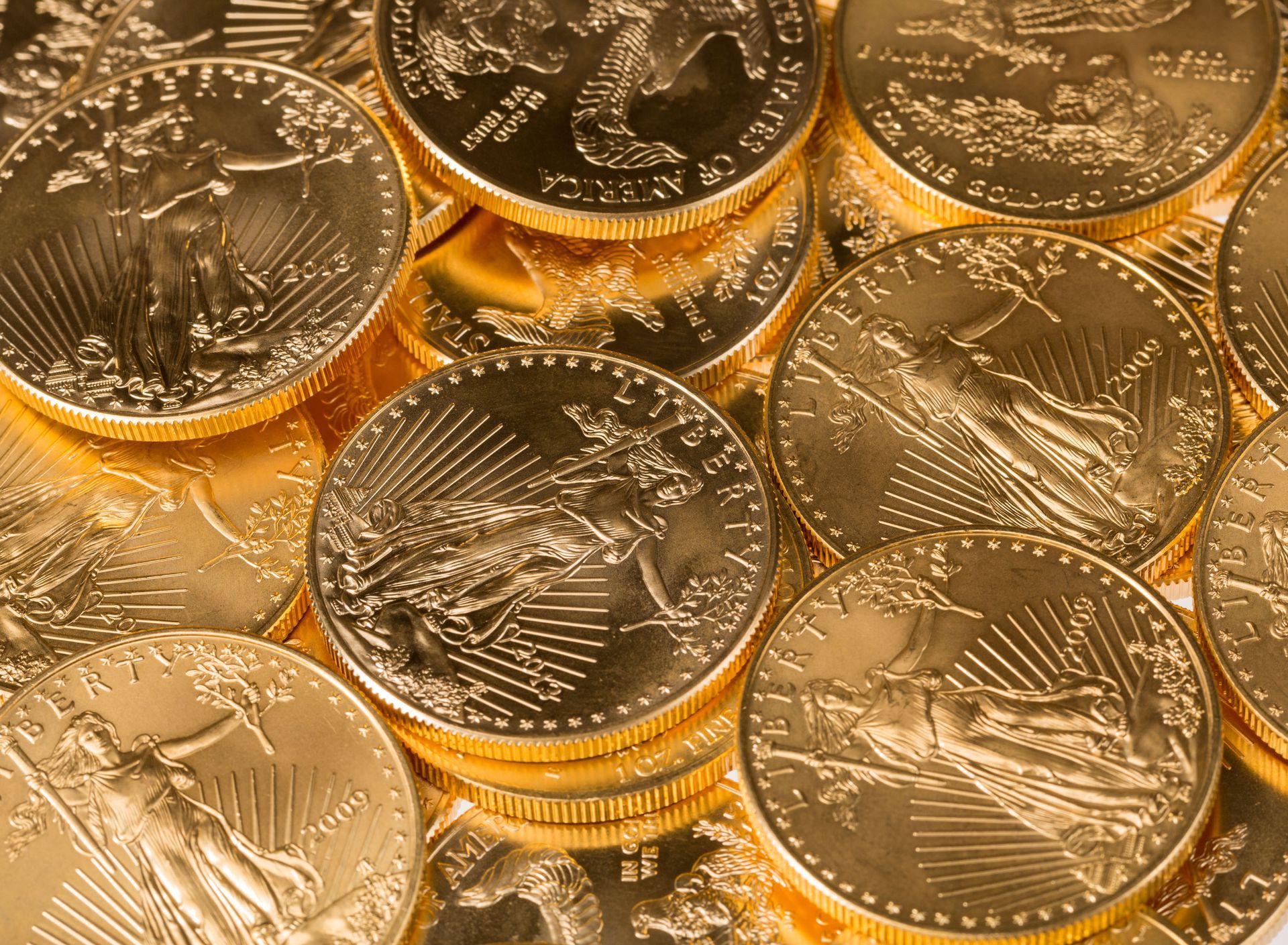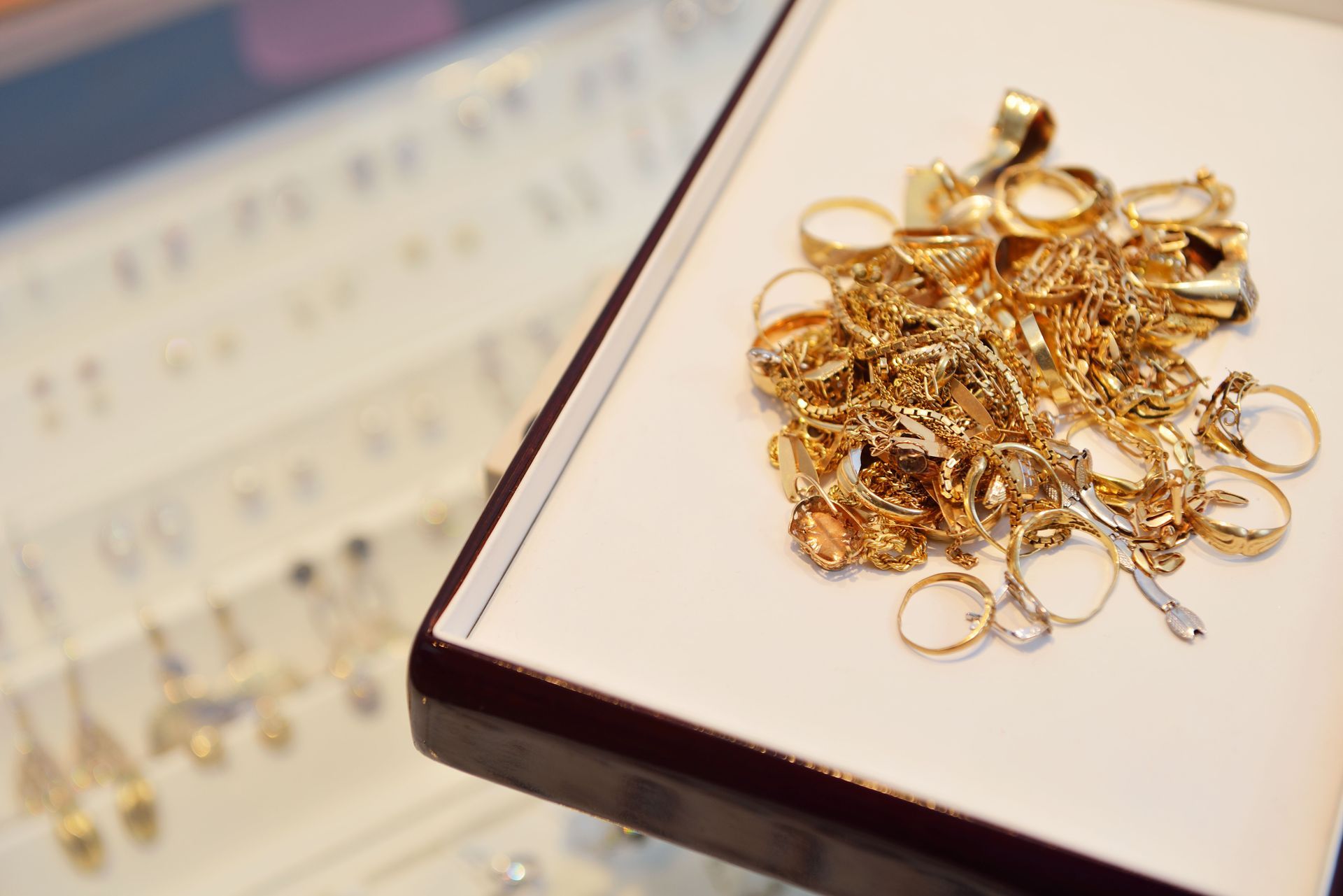5 Tips to Avoid Getting Undervalued When Selling Gold
In the fluctuating world of gold trading, it's crucial for sellers to be well-informed to ensure they receive the best possible value. The gold market is influenced by a myriad of factors, ranging from economic conditions to cultural trends, making it both an intriguing and challenging avenue for sellers. Whether you are selling gold jewelry, coins, or bullion, understanding these dynamics can significantly enhance your chances of negotiating a favorable deal.
1. Understand the Current Market
The gold market is cyclic and largely influenced by overarching economic trends. To avoid being undervalued, sellers should spend time researching how different factors impact the best price for gold. Economic indicators such as inflation rates, interest rates, and even geopolitical events can lead to significant price fluctuations. A historical analysis of market trends can reveal timing patterns, giving sellers a predictive edge. Keeping up with these trends ensures you are informed about when demand is peaking, which directly correlates with receiving a competitive price for your gold.
Tracking the best price for gold is another essential step for anyone looking to sell their gold. Gold prices are updated frequently and can be monitored through a variety of sources, including financial news websites and specialized apps. Understanding the day-to-day price changes enables you to sell when prices are high. Sellers should be aware that prices can vary based on global events, such as monetary policy changes from major central banks, particularly the Federal Reserve in the United States. Daily monitoring allows sellers to respond quickly to favorable price shifts, helping to avoid being undervalued.
To better grasp how gold prices may shift, understanding key economic indicators is beneficial. Global indicators such as GDP growth, employment rates, and production indexes provide a broader picture of economic health. In addition to fostering general awareness, knowing how these variables interact with gold pricing is critical. Often, weak economic periods lead investors to seek the stability of gold, thus increasing demand and prices. Recognizing these indicators aids in timing your sale to coincide with periods of high demand, reducing the likelihood of undervaluation.
2. Appraise Your Gold Accurately
The karat system is used to denote the purity of gold, which is crucial for determining its value. Most gold items come marked with a karat value indicating the parts of gold per 24 total parts. For instance, 24-karat gold is pure gold, while 18-karat gold is 75% pure. Understanding these distinctions ensures that you evaluate your gold realistically and avoid accepting undervalued offers. Having a clear assessment of karats can reveal the true worth of your items, preventing you from selling them at less than their market value.
The weight of your gold is another critical factor in determining its resale value. Investing in a reliable and accurate scale allows you to measure your weight precisely, ensuring no estimation errors. Gold is primarily sold by the gram or ounce, so a precise weight evaluation is critical. Remember, even small discrepancies in weight can lead to substantial financial implications. Accurate measurements allow you to challenge any low-balled offers confidently and demand a fair price.
While personal assessments are beneficial, seeking a professional appraisal can provide an authoritative evaluation. Professional appraisers have the expertise and tools needed to assess both purity and market value correctly. They often provide a comprehensive report that can be used as a bargaining tool when selling. An appraisal ensures vulnerability to low offers is minimized, as buyers respect documented valuations. This professional insight proactively bridges potential valuation gaps that may exist in the market.
3. Choose Reputable Buyers
When it comes to selling gold, selecting a reputable buyer is crucial to ensuring you receive a fair valuation. Look for buyers who are accredited by reputable organizations, which indicates a standard of ethical dealing and professionalism. Many buyers may showcase affiliations with organizations such as the Better Business Bureau or Jewelers of America. Verifying credentials helps avoid falling victim to unethical practices or scams. An accredited buyer is more likely to offer a transparent process and the best price for gold.
Customer reviews and testimonials can provide invaluable insights into a buyer's reputation. Platforms such as Trustpilot, Google Reviews, and Yelp feature comprehensive customer feedback about their experiences with gold buyers. Look for trends in customer satisfaction and any reported discrepancies to ensure the buyer offers fair valuations. Paying attention to reviews gives you a better understanding of prospective buyers and helps avoid engaging with those delivering unsatisfactory service. A consistently positive review profile suggests reliability and credibility in dealings.
It's beneficial to solicit offers from multiple buyers before settling on one. By comparing offers, sellers get a sense of the market's willingness to pay and can leverage competitive bids against each other. Some buyers may offer premiums during times of high demand, particularly relevant during popular seasons or when the market is bullish. Understanding buyer offers allows you to negotiate from a stronger position, helping to avoid being undervalued. Select buyers who transparently justify their offers, showing fair consideration of your gold's aspects.
4. Consider Timing Your Sale
Economic stability is key to maximizing the value of your gold. During periods of economic uncertainty or downturns, the gold market can be more volatile, potentially leading to less favorable selling conditions. However, gold is often considered a safe-haven asset during such times, which can sometimes drive prices higher. Sellers should assess their timing carefully to avoid market dips and instead target periods where stability or mild growth may support higher valuations. Proactive risk management in timing can safeguard your gold's pricing potential.
The demand for gold fluctuates based on various factors, including global economic conditions, cultural practices, and consumer preferences. As jewelry accounts for about 50% of global gold demand each year, according to J.P. Morgan Private Bank, understanding demand patterns, especially in jewelry-centered markets, can provide a selling advantage. By staying informed about these dynamics, sellers can optimize sales during peak interest phases. Such strategic timing plays a significant role in enhancing the likelihood of receiving a price reflecting your gold's true worth. Understanding fluctuating demand patterns ensures your sale aligns with optimal market conditions.
5. Negotiate Effectively
Effective negotiation hinges on your ability to present comprehensive documentation that supports your valuation claims. Documents like prior appraisals, receipts, or authenticity certificates are powerful negotiation tools. These documents serve as evidence of your gold's legitimacy, reassuring buyers of fair value. Armed with substantiated claims, you'll find it easier to counter offers that don't meet the documented worth of your gold. The more prepared you are with documentation, the higher your chances of securing a rightful price.
Understanding the constraints and limitations that buyers face can lead to more effective negotiations. Buyers may have budget limitations, specific market conditions to adhere to, or other constraints affecting their offer. Recognizing these limitations allows you to tailor your negotiation tactics without appearing unreasonable. By fostering a mutual understanding, negotiations become less confrontational and more about achieving a win-win outcome. Understanding both sides' constraints builds rapport, benefiting long-term negotiation success.
By following these comprehensive tips, you can confidently navigate the gold market and ensure you receive the best price for gold. Understanding the broader economic context, evaluating your gold accurately, and choosing the right buyers ensures your transaction is smooth and rewarding. Remember, knowledge is your most powerful ally in avoiding undervaluation while selling gold. By staying informed, remaining vigilant for scams, and negotiating effectively, you can transform potential risks into lucrative opportunities. Use the insights provided to achieve maximum returns and bolster your standing within the gold market. For more information about the services that we offer, reach out to our incredible team at Tri-County Jewelry Exchange today!




